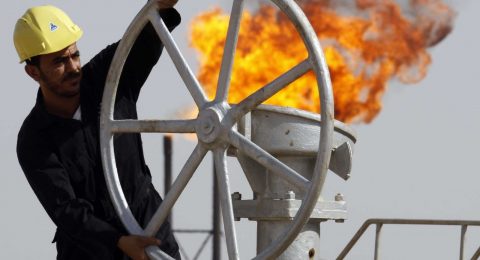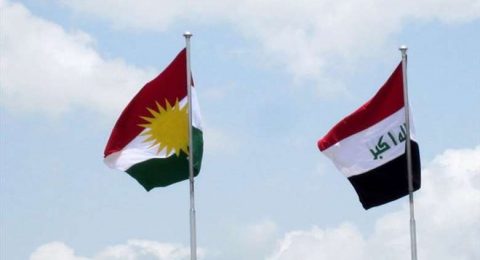ExxonMobil, the first supermajor to move into Iraqi Kurdistan, is quietly mobilising in Arbil despite strenuous objections from the central government, according to a report.
Since the bold play came to light in November, the company has kept silent – fuelling speculation that it froze the deal and bowed to Baghdad, which has long held that all foreign oil deals signed with the Kurdistan Regional Government (KRG) are illegal.
But Kurdish officials insist that investment is going ahead and movement on the ground supports their claims, Reuters reported.
“They (ExxonMobil) are definitely here and they are definitely assessing living and working accommodation,” a Western industry source told the news wire in Arbil, at the heart of Iraq’s northern Kurdish region.
“There are around 10 individuals here at any one time looking at what it takes to fully mobilise here – office space, housing space, these types of things. No oil company comes in in a day.”
ExxonMobil executives met the region’s Natural Resources Minister Ashti Hawrami last week, sources in Arbil told Reuters, and are preparing to issue a tender for seismic work for some, if not all, of the six exploration blocks acquired in October.
The move north sparked fury in Baghdad, which is threatening to take action against ExxonMobil, which is in charge of developing the supergiant West Qurna-1 oil field in southern Iraq. ExxonMobil has been summoned to the oil ministry for final talks.
It is unclear whether the discussions would take place before the US supermajor’s fourth quarter results on 31 January, when it is also expected to go public with its Kurdistan investment.
In the meantime, however, it is business as usual – production at West Qurna-1 has risen to about 390,000 barrels per day and ExxonMobil continues to lead a multi-billion dollar water-injection project that is crucial to boosting output in the south.
Before signing the deal with Kurdistan, ExxonMobil was sure to have weighed any possible legal challenges.
“I’m sure Exxon has more lawyers than probably there are Ministry of Oil officials in Baghdad,” the industry source told Reuters.
Such calculations are likely to influence other oil majors who may be considering moving into Kurdistan, and the lack of concrete action from Baghdad as yet is sure to reinforce the belief that it could prove a sound investment.
The KRG’s Hawrami told Reuters this month the KRG was in talks with other oil majors and he expected further agreements to be signed in the next few months.
Lack of security, political instability, bureaucracy and the relatively unattractive oil deals in the rest of Iraq are driving international oil majors towards following ExxonMobil’s lead and signing exploration and production contracts with Kurdistan.
After ExxonMobil snapped up the last unclaimed Kurdish territory, new arrivals will be looking to farm into existing blocks. France’s Total is keen to move into the north, sources said, and a link up with Anglo-French explorer Perenco in the Sindi-Amedi block along the Turkish border is one scenario.
Total also has a minority stake in the Halfaya oil field in southern Iraq.
Other names frequently mentioned are Eni and Lukoil – that are also involved in the south of Iraq. Chevron and ConocoPhillips, which have nothing at stake, may also be interested, said the Western industry source.
A Lukoil spokesman dismissed the possibility of the Russian company heading north. “Lukoil does not want to work in Kurdistan,” he said.
“Ashti Hawrami was very clever in the way he set up the oil industry here, starting with small companies to get things off the ground,” said a Western oil executive who declined to be named. “It was almost designed to lure in the oil majors, and that is what we are seeing now.”
Source: Upstream Online










